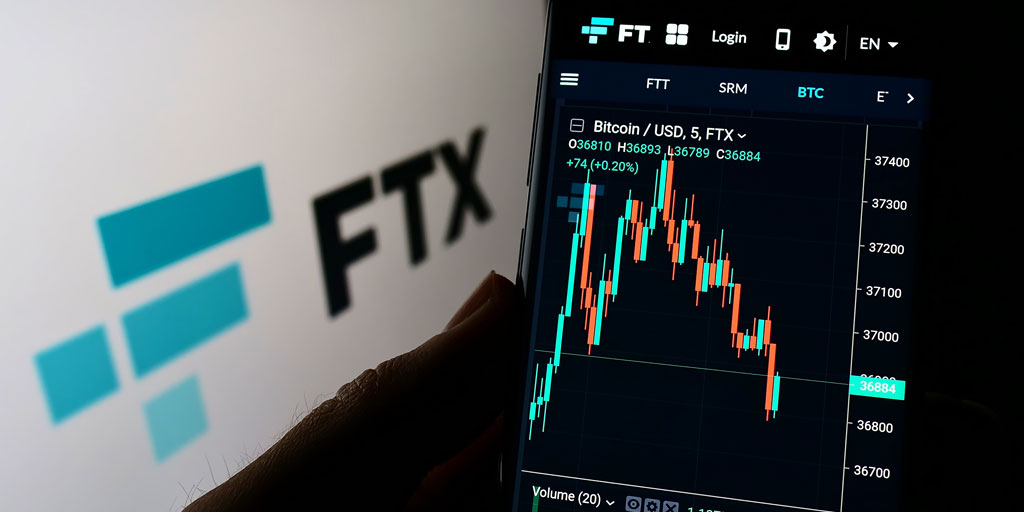
As spectacular falls from grace go, mine was pretty spectacular. Alleged City whizz-kid to inmate 38406 at Tanah Merah Maximum Security Prison in Singapore within three years.
Outstripping me by a country mile is Sam Bankman Fried, founder, and CEO of Cryptocurrency exchange FTX that has filed for bankruptcy and seen Fried’s net worth plunge from $16bn to virtually zero in a matter of days.
The impact on the cryptocurrency world could, it has been suggested, run to as much as a trillion dollars.
So, what of Mr. Bankman Fried?
I’m told he is in the Bahamas, the same location where FTX was regulated by the Securities Commission of the Bahamas. FTX shifted its operations there last year, citing the nation’s crypto-friendly regime as the reason for switching from Hong Kong. Convenient? I don’t think so.
The question I’ve been asked most over the last few days is why isn’t Fried in prison? I’ll answer that in a couple of different ways.
Why the Bahamas? Crypto-friendly equals a loose regulatory regime, if any. When I was in Singapore, the Singapore Monetary Exchange (SIMEX) and its president would bend the rules to facilitate business. If you are an outsider looking in, you look at volume and open interest. I provided both to SIMEX, and SBF – through various fraudulent means – was providing both to FTX. In turn, the Bahamas was home to one of the leading cryptocurrency exchanges and hopefully attracting other similar businesses. A certain amount of FoMO.
I happened upon a soundbite from the CEO of Binance the other day, informing the world that they will reinstitute a process of reconciling the hashes at their exchange within the next ten days, thereby proving that the cryptocurrency which is supposed to be there — your cryptocurrency — is actually there.
This is Banking 101. Some exchanges, I’m told, follow the process, but many don’t.
They all have to.
Through manipulating the long open position at SIMEX I was able to manipulate both the gross and net positions that I held at the Exchange, reducing margin deposits and allowing the fraud to endure for longer. A simple reconciliation would have solved this and outed me.
My first task, when I returned to Singapore in November 1995, was to flesh out the charges that were going to be read out to me in court the next day. It quickly became apparent that they really didn’t have a clue!
I think this gets to the heart of why Sam Bankman Fried isn’t in jail. Forget the conspiracy theories that claim he helped fund Biden through the election process. A useful smoke screen, but not the reason why he isn’t in jail… yet.
He’s in the Bahamas, they don’t have a clue as to what he’s actually done and it’s going to take a while to make sure they have identified a crime that they have a chance of getting a successful conviction.
He will go to jail at some point. In simple terms, the lack of a reconciliation meant that he could borrow cryptos from people and from the exchange without them knowing; that’s stealing.
However, I suggest they confiscate his passport or he may do a better job than me of fleeing to a jurisdiction with no extradition treaties.
Several celebrities, one or two with a revered finance background, better watch out; they are all named on a class action suit that is coming their way.
This gets to the heart of why the marketing of financial products by non-regulated entities is so dangerous. The hype around cryptocurrencies, fuelled by social media, facilitated much of this episode.
